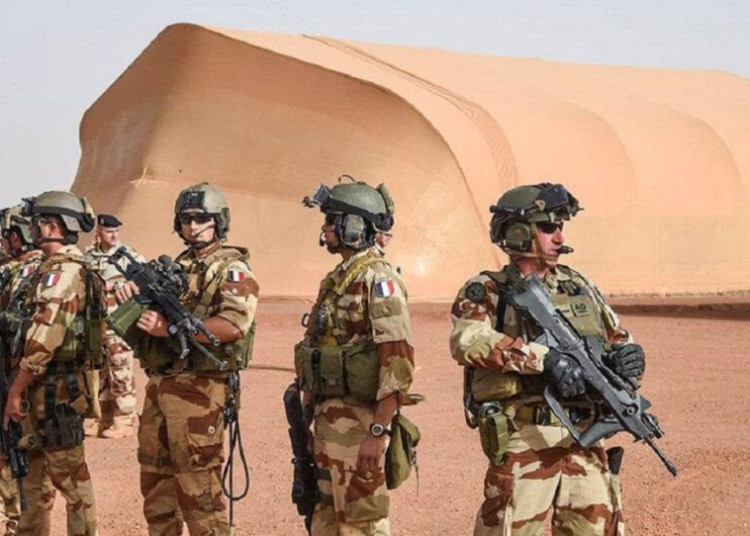- France Withdraws Ambassador and Ends Military Cooperation with Niger Following Coup.
- Nigér bans French flights over its airspace
French President Emmanuel Macron has announced that France will withdraw its ambassador and end all military cooperation with Niger following a coup. The decision is a major blow to France’s operations against Islamist militants in the wider Sahel region and Paris’ influence there.Mr Macron said that France would “not be held hostage by the putschists,” speaking to France’s TF1 and France 2 television stations.
He added that military cooperation was “over” and French troops would leave in “the months to come”. The Nigérien military junta which seized power in Niger in July welcomed the move.”This Sunday we celebrate a new step towards the sovereignty of Niger,” the junta said, in a statement quoted by AFP news agency. Until the coup, Niger had remained a key security partner of France and the United States, which have used it as a base to fight an Islamist insurgency in West and Central Africa’s wider Sahel region.
There are about 1,500 French soldiers stationed in the landlocked West African country. Last year February, a French-led mission of 14 mainly European nations with 600-900 soldiers in Mali redeployed to Nigér following coups in Mali, Chad and Burkina Faso.This February, the Council of EU on launched a Common Security and Defence Policy (CSDP) military partnership mission in Niger (EUMPM Niger) to support the country in its fight against terrorist armed groups.
Typically, every Barkhane soldier arriving from France by strategic plane would first pass through the Niamey BAP before being redeployed by tactical transport plane to the Gao base. The planned Air Base (BAP) which is designated as the sole Air Point of Disembarkation (APOD) of the entire western zone of Operation Barkhane, it is the nerve center of the French units engaged in the region.
The decision by Paris follows months of animosity and protests against the French presence in the country, with regular demonstrations in the capital Niamey. The move comes at a time when anti-French sentiment is growing in West Africa, with many local politicians accusing Paris of carrying out neocolonialist policies. There have also been concerns in the West over the growing role in the Sahel of Russia’s Wagner mercenary group.
The regional Economic Community of West African States (Ecowas), supported by France, has threatened military intervention in Niger to reinstate Mr Bazoum. But so far it has not acted.
The regional air safety organisation, ASECNA, said that Niger’s airspace was “open to all national and international commercial flights except for French aircraft or aircraft chartered by France including those of the airline Air France”.
The airspace would remain closed for “all military, operational and other special flights”, unless receiving prior authorisation, the message said.
The decision by France to withdraw its ambassador and end military cooperation with Niger is a significant development in the region. It is likely to have a major impact on the fight against Islamist militants and on France’s influence in West Africa.
Nigér typically relies on the French on the issue of security, and the European country is it’s major arms supplier. Last November, France gifted five second hand SA342 L1 Gazelle light attack and scout helicopters as well as seven 20 mm cannons to the Nigérien forces to enhance its counter-insurgence capacity.
Also, Nigér forces rely on French airpower stationed in neighbouring Mali, but France is also pulling out it forces in the area.
Meanwhile, the United States has resumed counterterrorism missions in Niger, marking its commitment to fighting terrorism in the region despite the political upheaval caused by a coup. This move also signals a willingness to collaborate with the new military junta in Niger.





